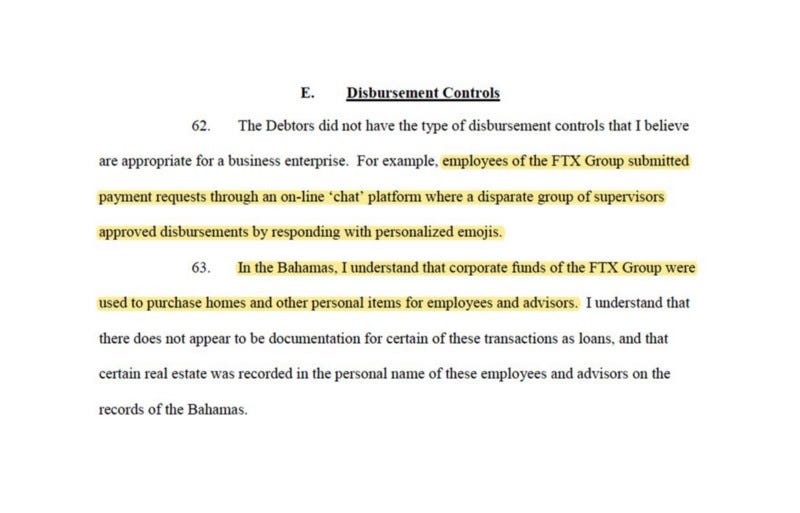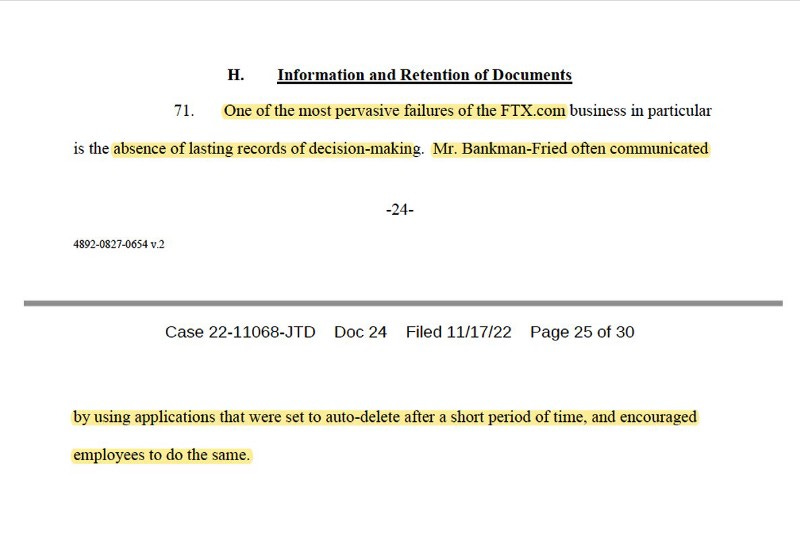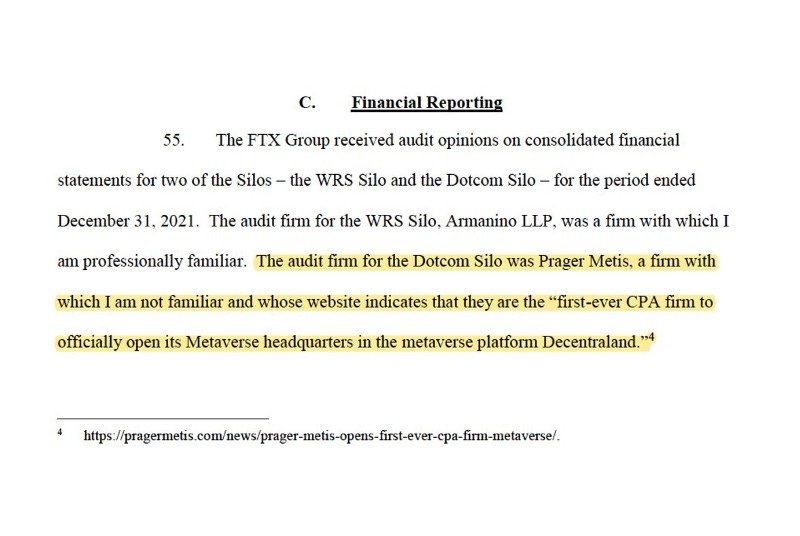Why you should care about the failure of FTX (even if you don't care about crypto)
If you want to protect yourself against wealth destruction

Investor confidence in crypto is at an all-time low. This comes as no surprise after FTX became the latest crypto exchange to collapse.
The total market capitalization of digital assets has fallen this month below $800 billion, a level not seen since early 2021.
Are things as rosy as they seem?

It all seemed so rosy for FTX in the early days, with positive developments such as:
FTX was the second largest crypto exchange, only behind Binance.
Sam Bankman-Fried (Founder and CEO) enjoyed a god-like status in crypto
High profile backing including Temasek, Softbank, Sequoia Capital, BlackRock
With the above in mind, it was hard to foresee the collapse happening.
What happened?

Binance decided to dump their holdings of about 23 million FTT tokens. This was because FTX has been lobbying regulators against it, and also due to FTX’s poor financial conditions.
This huge dump caused the price of FTT to drop double-digits in a day.
The selling eventually snowballed, leading to other investors selling their FTT tokens, which in turn plummeted the value of FTX’s sister company, Alameda. Alameda, holds about half of its assets in FTT (FTX tokens).
The chain of events led to FTX holding back customers’ deposits.
Poor Risk Management

It is only now we know how bad the risk management was.
The reserves were not backed by stable currencies but by volatile tokens. The vulnerability was understated.
It’s likely that FTX’s collapse will cause investors to withdraw from other exchanges. This is similar to the spiral effect caused by a bank run.
If FTX can fail, the smaller players definitely could.
Failure of Corporate Controls

The new FTX CEO, John Ray, is the same person who restructured Enron after its scandal.
This is what he said:
“Never in my career have I seen such a complete failure of corporate controls”
The bankruptcy filing report highlighted the company’s lack of controls.
Here’re some of the biggest ones.
No cash management system
Can you imagine expense reports being approved by emojis over chat? Would you trust such a company?
1 billion personal loan to SBF was no big deal
It’s crazy that a loan of this magnitude was just a footnote. It’s as if $1 billion is so immaterial that it’s not worth mentioning.
No audit trial
Communications set to auto-delete after a set period of time?
Unless there was something that SBF was trying to hide, I don’t see any motivation behind doing this.
Auditors’ office in metaverse
The reliability of the audits performed by this firm, whose headquarters is in the metaverse, is questionable.
Who are FTX’s employees?
You’re running a multi-billion dollar company and you don’t even know who works for you?
Key lessons

The downfall of FTX has taught investors some important lessons.
These are as applicable to investing in stocks (and all other assets) as they are for crypto.
Don’t invest in things you don’t understand
The ‘shiny object syndrome’ is real (especially in the crypto world).
As tempting as it is to look for the next big thing, sticking to the boring things that you understand pays dividends (pun intended).
Nothing is too big to fail
If big names like Temasek and Blackrock are investors, nothing can go wrong, right?
Wrong.
Big names can make mistakes too. The difference is that these big companies can recover from their mistakes.
For example, Temasek’s investment in FTX amounts to $275 million. While this might seem like a big nominal amount, it only represents less than 2% of Temasek’s portfolio.
Which brings us nicely to our next point
Always practice proper risk management
Risk management is all about portfolio sizing.
Never be too confident about something to go all in.
Never let one wrong investment destroy your entire wealth.







